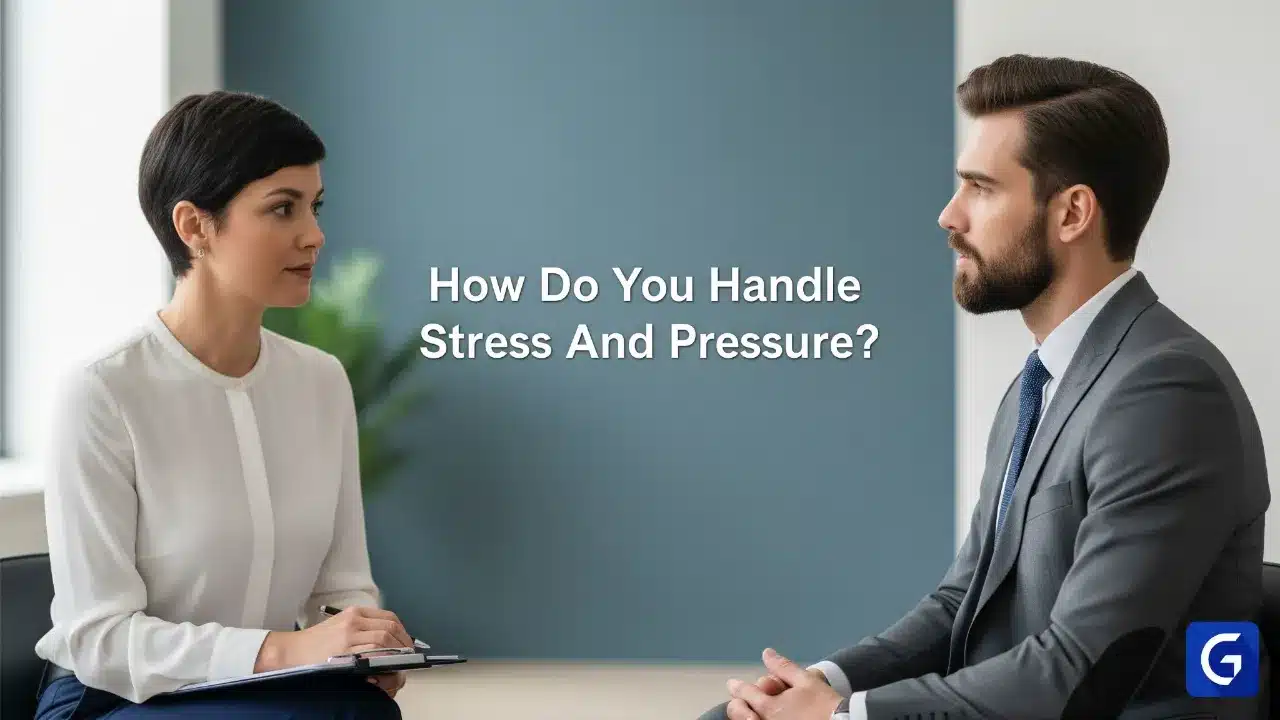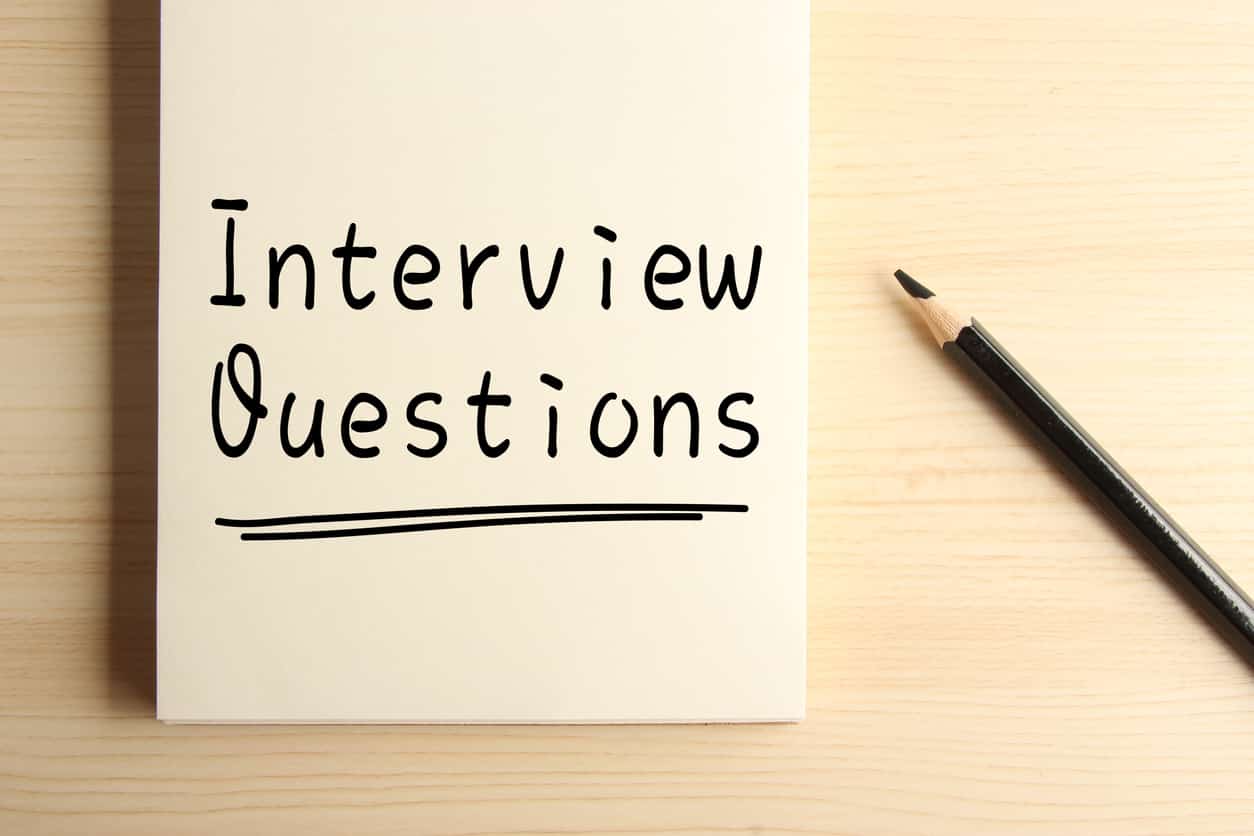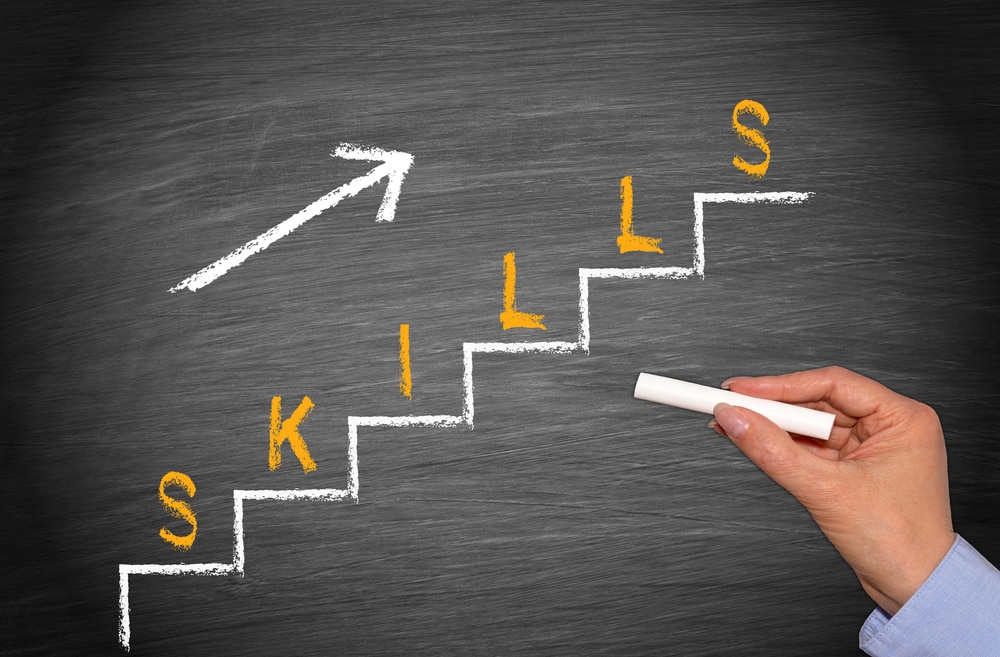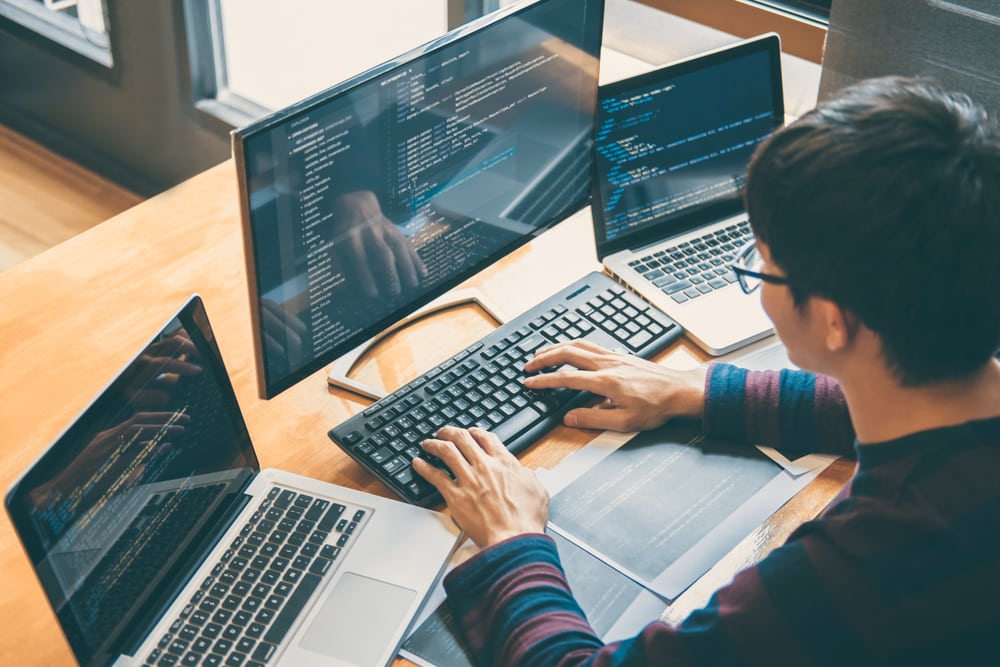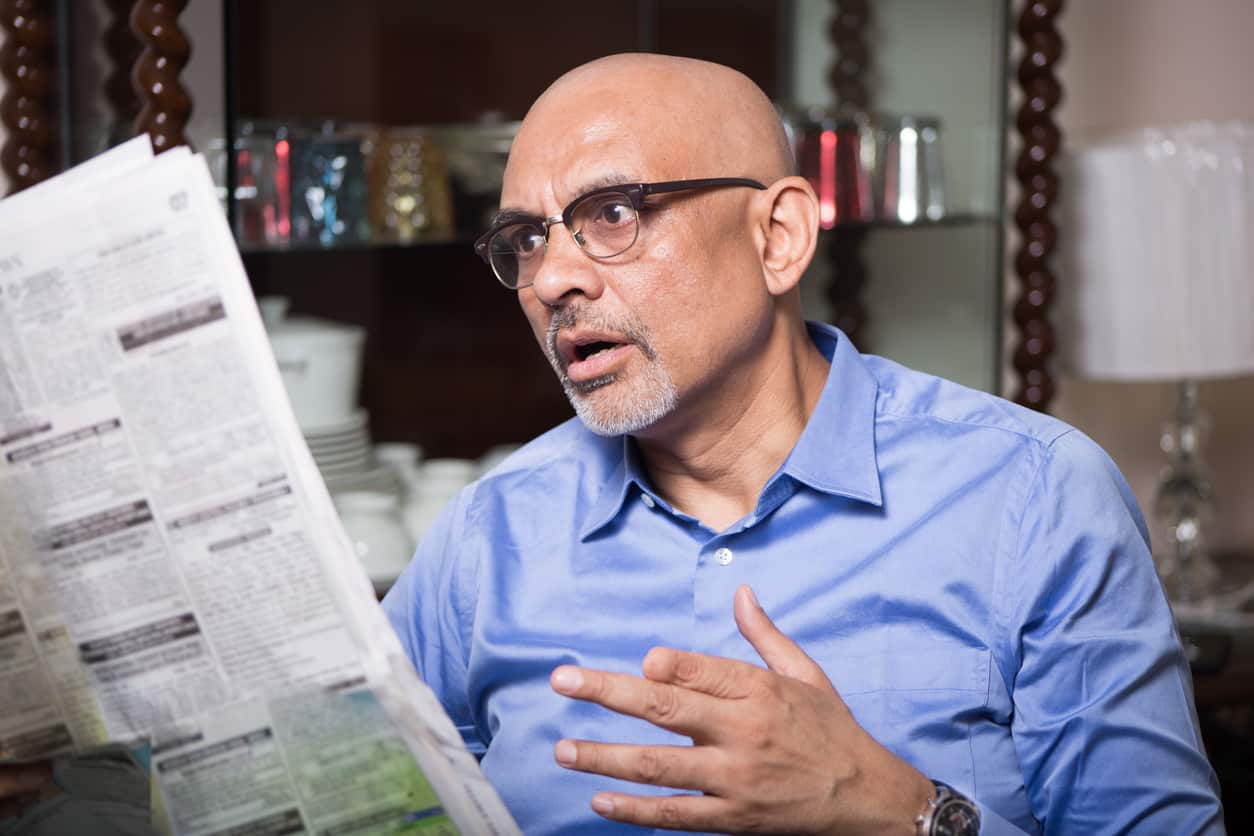Ever get asked in a job interview, “How do you handle stress and pressure?” It’s a common question, and interviewers ask it for a good reason. They want to see how you react when things get tough. Can you stay cool and still do a good job when deadlines hit or problems pop up?
Answering this question well shows you can solve problems and handle challenges at work. This guide will show you exactly how to nail your response.
What Interviewers Really Want to Know
When they ask about stress, interviewers are looking for a few key things:
- Can you bounce back? If something goes wrong, do you give up or find a way to keep going?
- Are you a problem-solver? Can you find solutions even when you’re under pressure?
- How do you cope? What healthy things do you do to manage feeling stressed?
- Do you stay professional? Can you stay calm and focused when things are crazy?
They want to know you’ll still perform well, even with tight deadlines or difficult tasks.
3 Steps to Answer ‘How Do You Handle Stress and Pressure?’
You need an answer that sounds clear and confident. Use these steps to build your response.
Step 1: Admit It Happens, Then Spin It Positively
First, be honest that stress and pressure are part of any job. Then, show them you see it as a good thing.
Here’s how:
- Acknowledge Stress: Start by saying something like, “Yes, stress and pressure are normal in any job.”
- Turn It Around: Explain that pressure actually helps you. You could say, “I actually see pressure as something that helps me focus and do my best work.”
This shows you’re realistic and professional, and it sets a good tone.
Step 2: Share What You Actually Do
Next, talk about your specific ways of handling stress. Focus on the actions you take.
Keep it simple:
- Prioritize Your Work: Explain how you organize tasks. Say, “When I feel pressure building, the first thing I do is figure out what’s most important. I prioritize my tasks.” This helps you manage your workload.
- Break Things Down: Talk about tackling big jobs. You can say, “I break big projects into smaller, easier steps.” This makes things feel less overwhelming.
- Stay Organized: Mention keeping things in order. Say, “Staying organized really helps me keep track of everything, which cuts down on last-minute stress.” This shows you plan ahead.
- Take Short Breaks: Explain why you pause sometimes. Say, “Taking short breaks, even just a few minutes, helps me clear my head. I come back refreshed and ready to focus again.” This helps you keep your energy up.
- Talk to Your Team: Describe how you communicate. Say, “I make sure to talk clearly with my team and my manager. This helps us all know what’s expected and lets me ask for help if I need it.” This shows you’re a team player.
Use strong action words. Say “I prioritize” instead of “I try to prioritize.”
Step 3: Give a Quick Example
Finally, share a short example. This makes your answer real.
Here’s what to include in your example:
- The Situation: Briefly describe a time you felt stress or pressure. For instance, “In my last job, we had a super tight deadline for a big client report.”
- Your Actions: Explain what you did. Say, “I broke the report into sections and just focused on one part at a time. I also talked with my team a lot to make sure we were all on the same page.”
- The Result: Describe how it turned out. For example, “We got the report done on time, and the client was really happy with it.”
This kind of example, often called STAR (Situation, Task, Action, Result), works great. Keep your example short and focus on what you did. Don’t tell a long story.
Example Answer
Here’s a full answer you can use as a guide:
“Yes, stress and pressure are normal in any job. I actually see pressure as something that helps me focus and do my best work.
When I feel pressure building, the first thing I do is figure out what’s most important. I prioritize my tasks. Then, I break big projects into smaller, easier steps. This helps me focus and not feel so overwhelmed. Staying organized also really helps me keep track of everything.
For example, in a past role, we had a super tight deadline for a new project to launch. I organized all the tasks into a clear timeline. Then, I just focused on finishing each part step-by-step. I also made sure to talk with my team constantly. We launched the project successfully right on time, which was a great result for everyone.”
Quick Tips to Remember
- Be honest: Don’t pretend you never get stressed.
- Be positive: Show that you can use pressure to do good work.
- Be specific: Talk about what you actually do.
- Use an example: A real story proves your skills.
Practice your answer before your interview. It’ll help you sound confident and ready.
